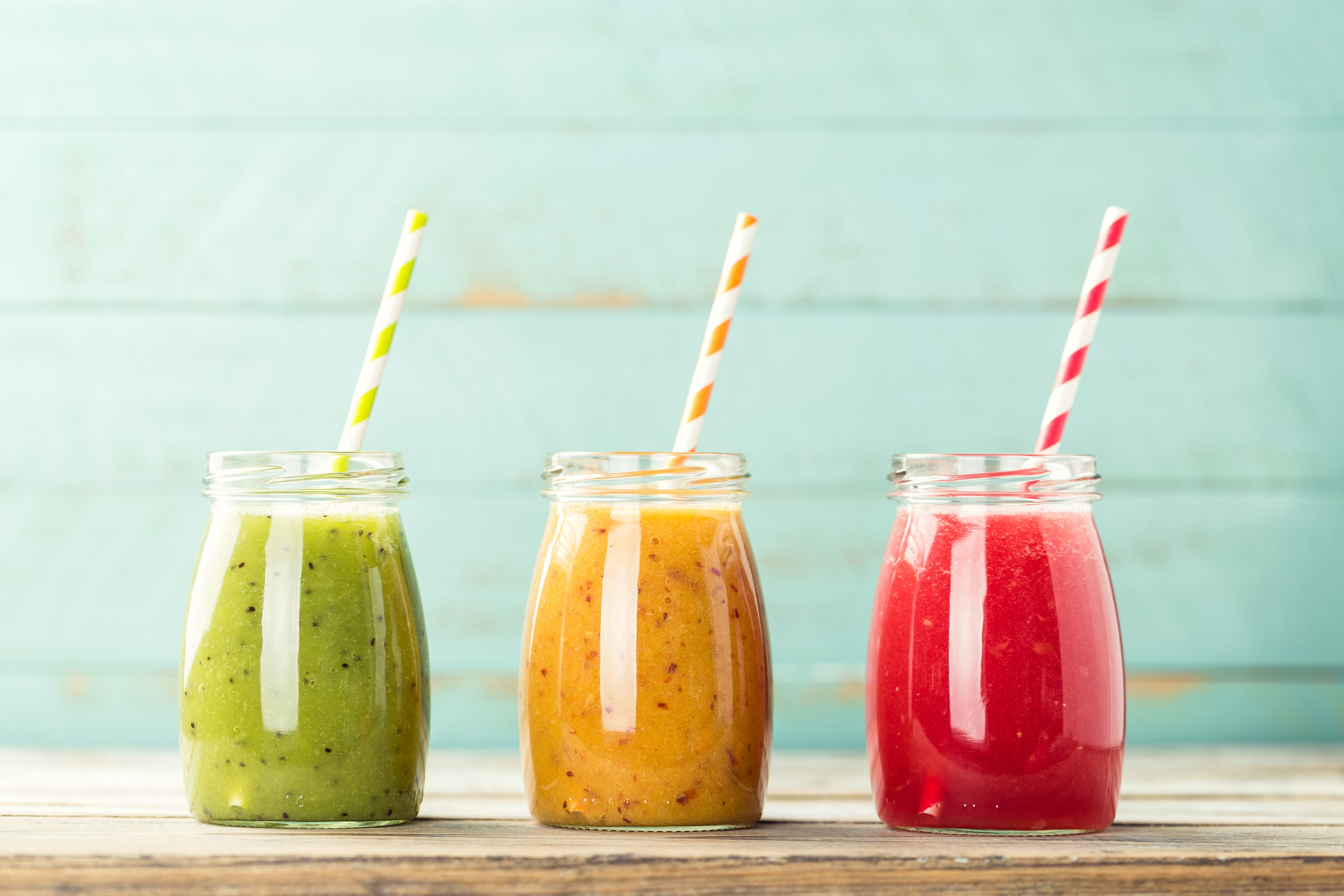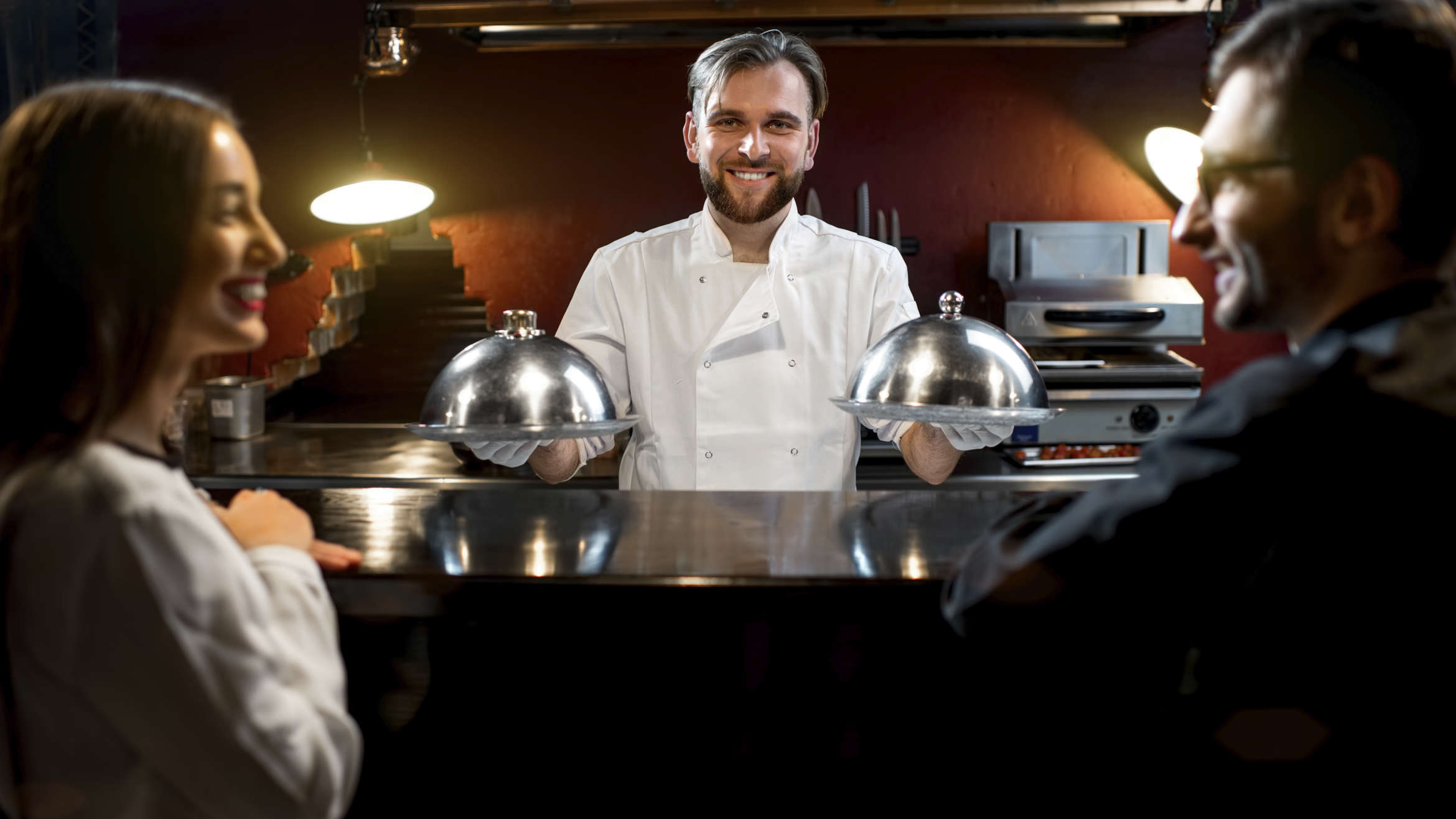Food and beverage guesstimations and predictions are beginning to pop up everywhere. If you missed my piece on superfoods trends for 2018, take a look and let me know what you think. This week, I’m taking a stab at drink trends for 2018 and the coming years.
Labeling Libations
Increasingly, consumer trust has been damaged when it comes to food safety. This is, in large part, a result of lack of labeling and slow-to-respond regulatory systems. The beverage industry is one of the least regulated areas when it comes to ingredients, production processes, and their supply chains.
Labels on the bottle, in menus, and at banquets, will become more important in 2018, leading to important advancements in consumer trust. We’ll see more badges about safety, free-from icons, and drink awards that are about more than craft beer and artistry will be on the rise.
Knowing whether eggnog has eggs or egg substitute, whether sugar has been added to that margarita, and if that white russian is vegan, dairy-free, or standard, is already of growing importance to consumers. Perhaps helping to drive this trend is that servers and restaurateurs are being held responsible for allergic reactions in their establishments, leading to an increased desire to go ahead and accurately label their food and drink menus.
Sustainability Sourced & Farm Fresh
Yes, whether our food is farm fresh and has been sustainably sourced have been hot topics. Drinks are now falling into step with the demand for supply chain transparency. Can our bar boast farm fresh dairy in those cocktail shakers? Are those Irish coffees and chocolate martinis made with fair trade coffee and cacao beans?
Natural, organic, and responsibly produced drinks will be the leading motivation for labeling. These terms were important to millennials, but are increasingly important to centennials who are joining the job market and stealing the spotlight from millennials. The earliest centennials turned 21 in 2016 and as more celebrate their 21st birthdays, we are seeing them use their dollar to vote for global, ethical manufacturing.
Self Care Routine Extensions
First it was nutrition and regular exercise. Then it was yoga and regular massages. Natural and organic foods that feed our cells became a significant demand for better self-care. Technology then stepped in and we track … everything. Sleep, steps, and heart rates are available at the tips of our fingers. Now, we’re adding smart waters and other hydration tech to the mix.
As modern life is reported as being more and more stressful on a global level, we are seeing an increase in the demand for smart hydration. Beyond electrolytes, sugar-free choices, and superfood waters with coconut and turmeric, 2018 will blow up with additives, ph balancers, and accompanying hydration tech.
Hydration tech, in particular, is already making appearances. Water bottles with built in reminders, wearables that measure and alert us to hydration needs, and water bottles that connect to our wearables are all on the way.
Where Science Meets Craft
While supply chains boasting natural, organic, sustainably produced badges are on the rise, we’re also seeing a growing trust in the science and craft of laboratory-produced food and drink.
Artisanal beer, kombucha, and booze are desirable, but when combined with the desire for healthy drinks and a lowered environmental impact, anyone who can design and craft tasty drinks with a claim on a healthy body and a healthy planet, will see great success.
What do you think? Any ideas on drink trends for 2018 that we can keep an eye on? Tag me on social and let me know! We’ll watch these trends together!
Other posts in this series:
4 Superfood – 2018 Food Trends, Part One



